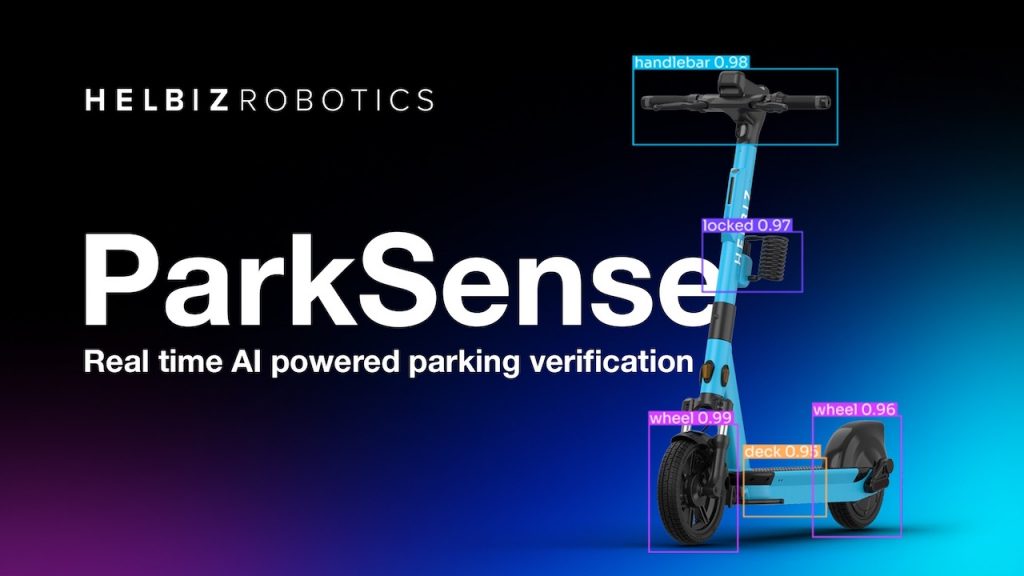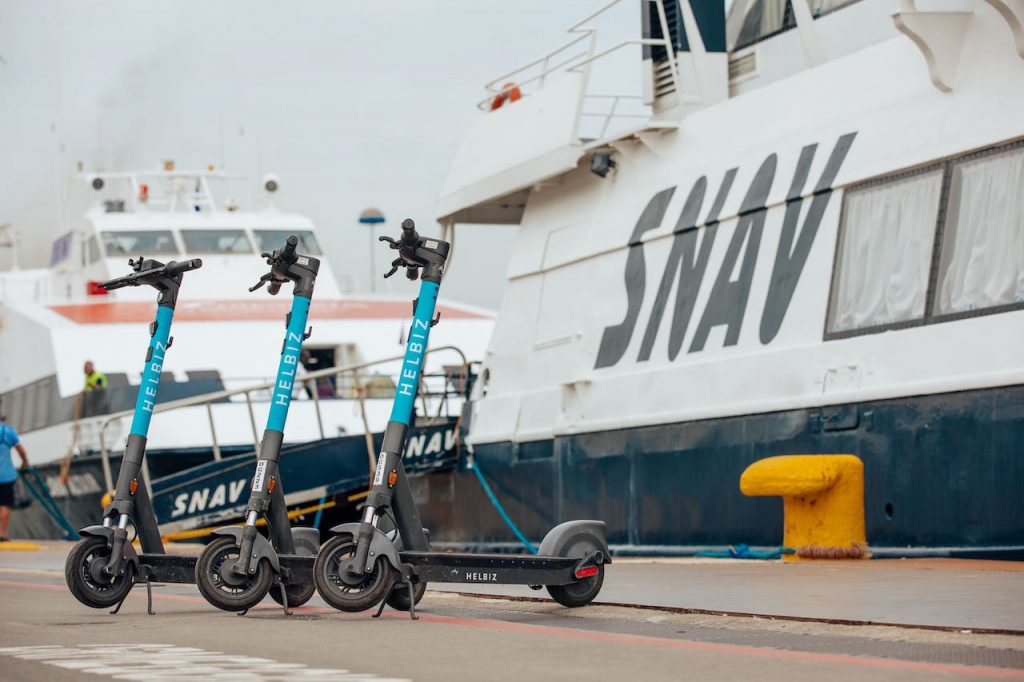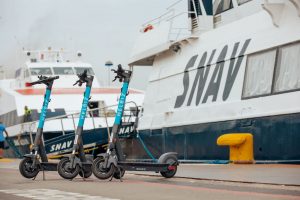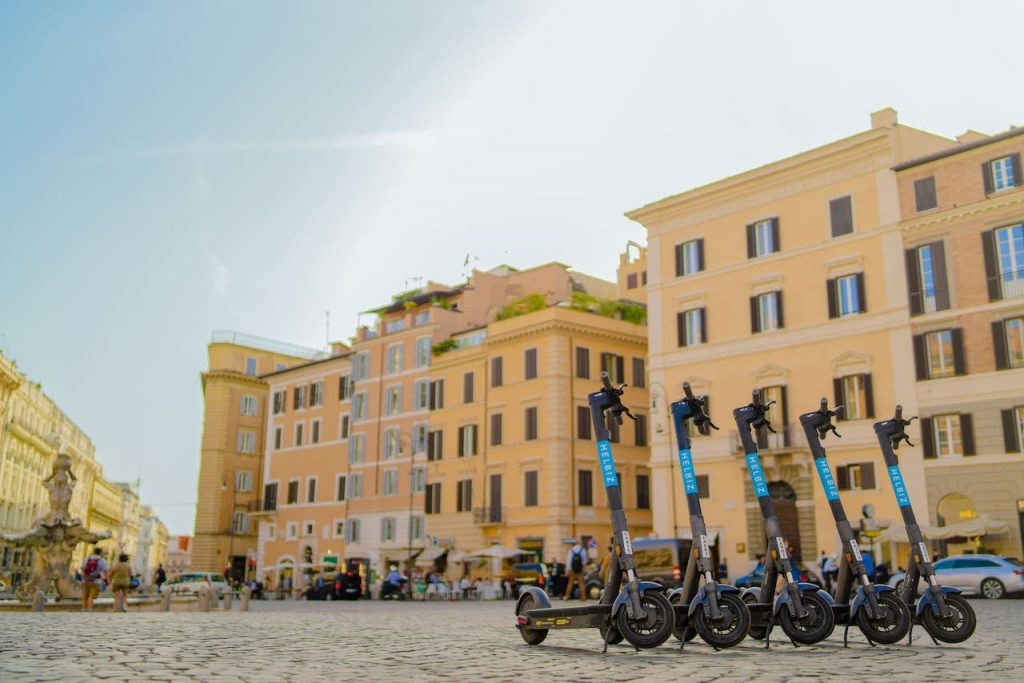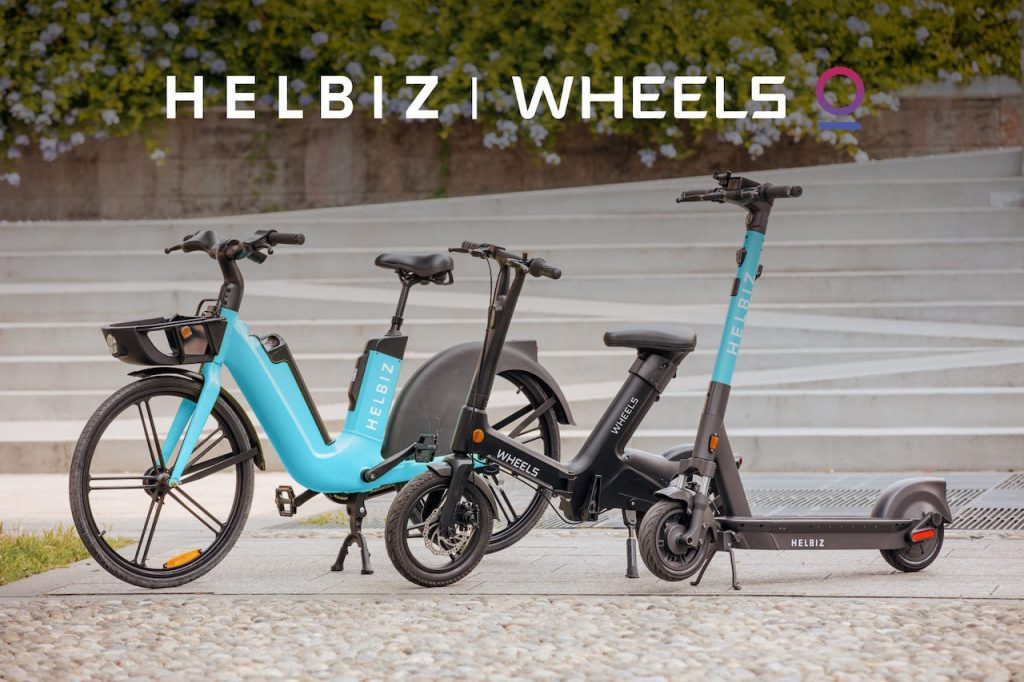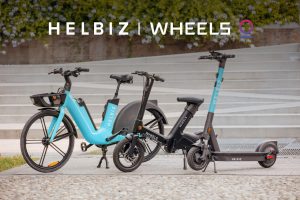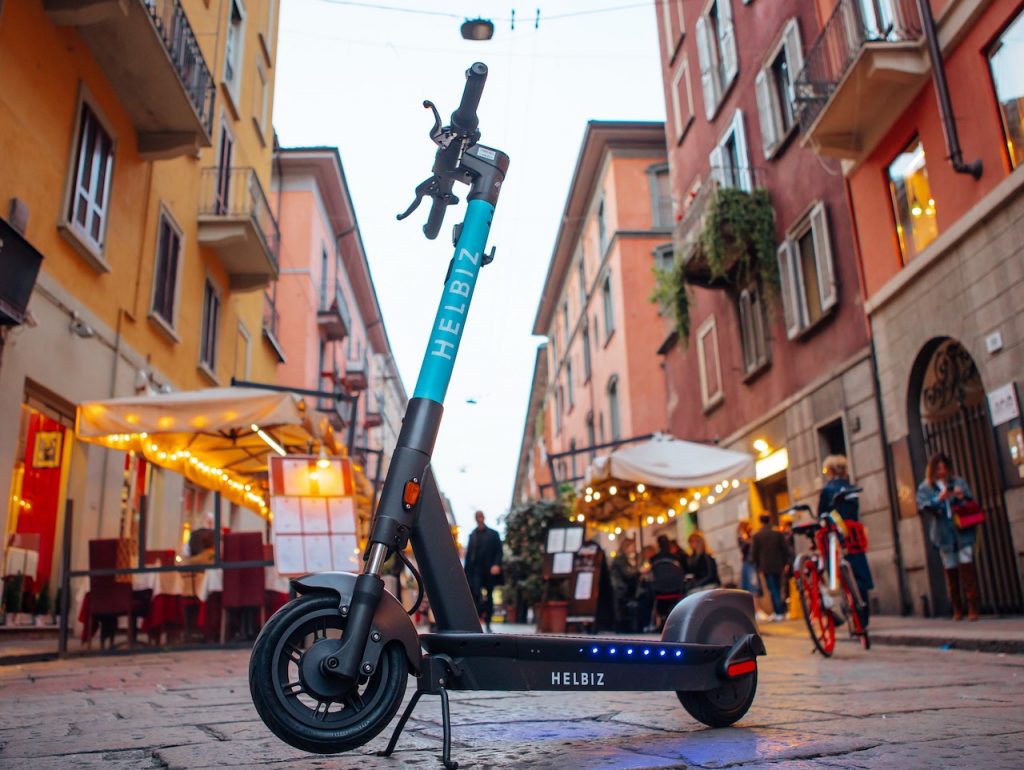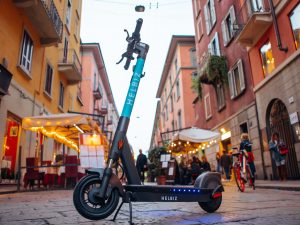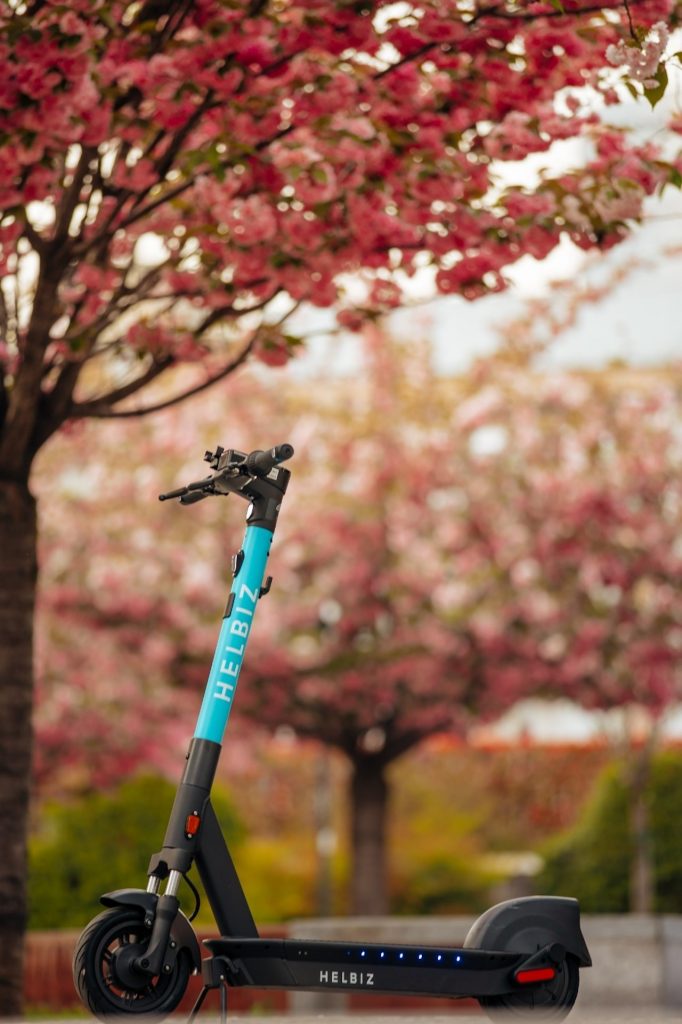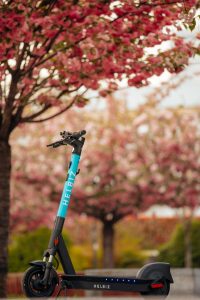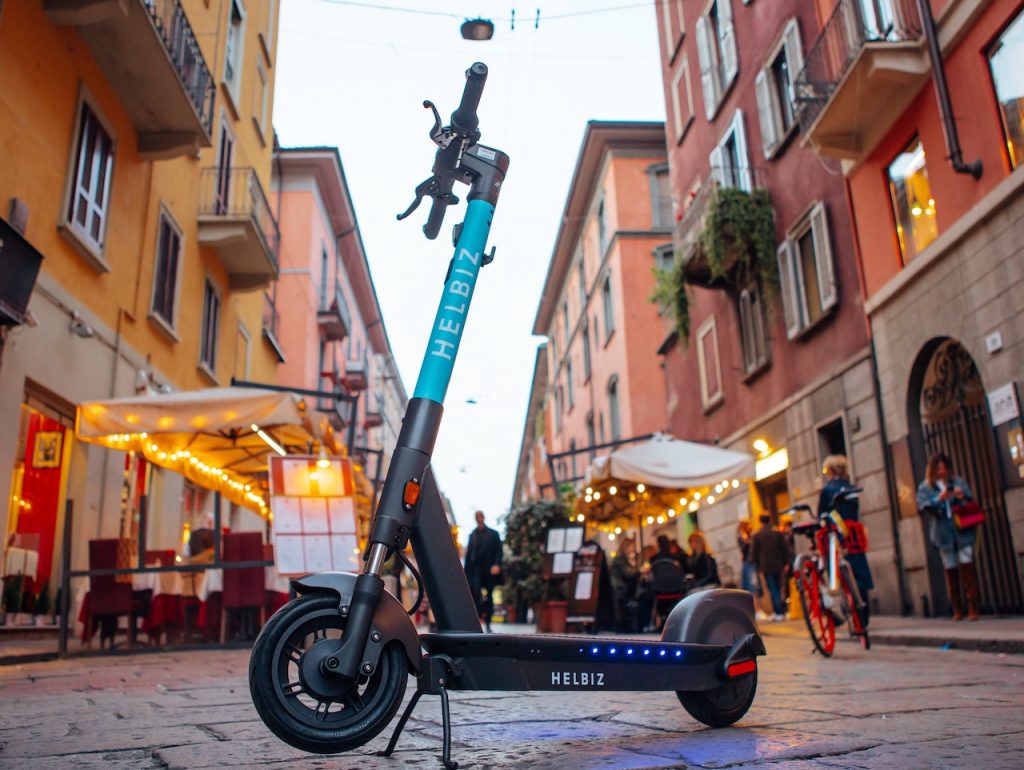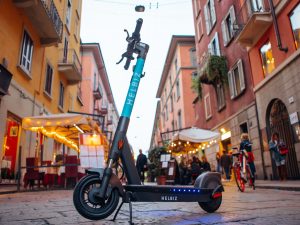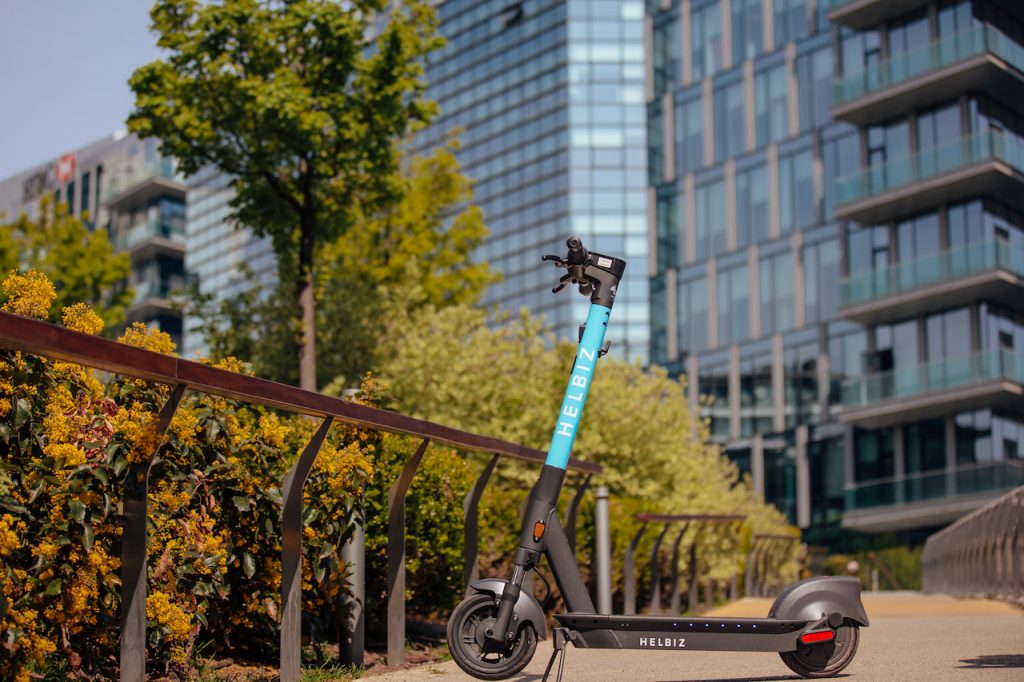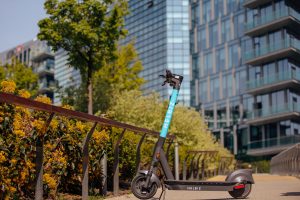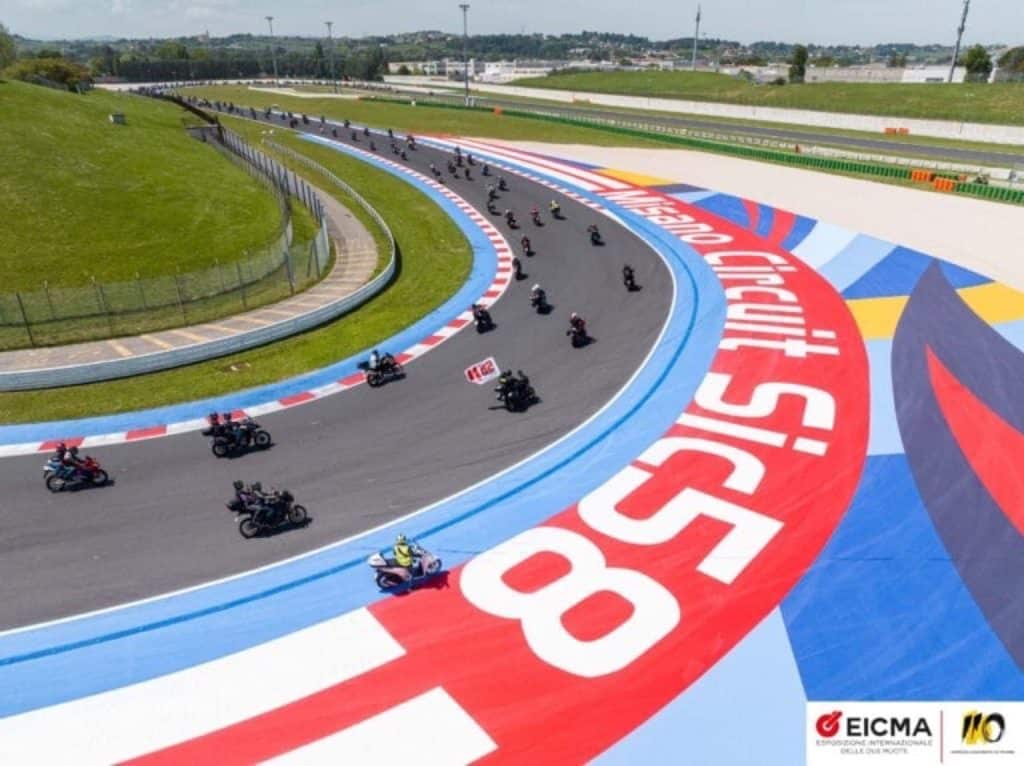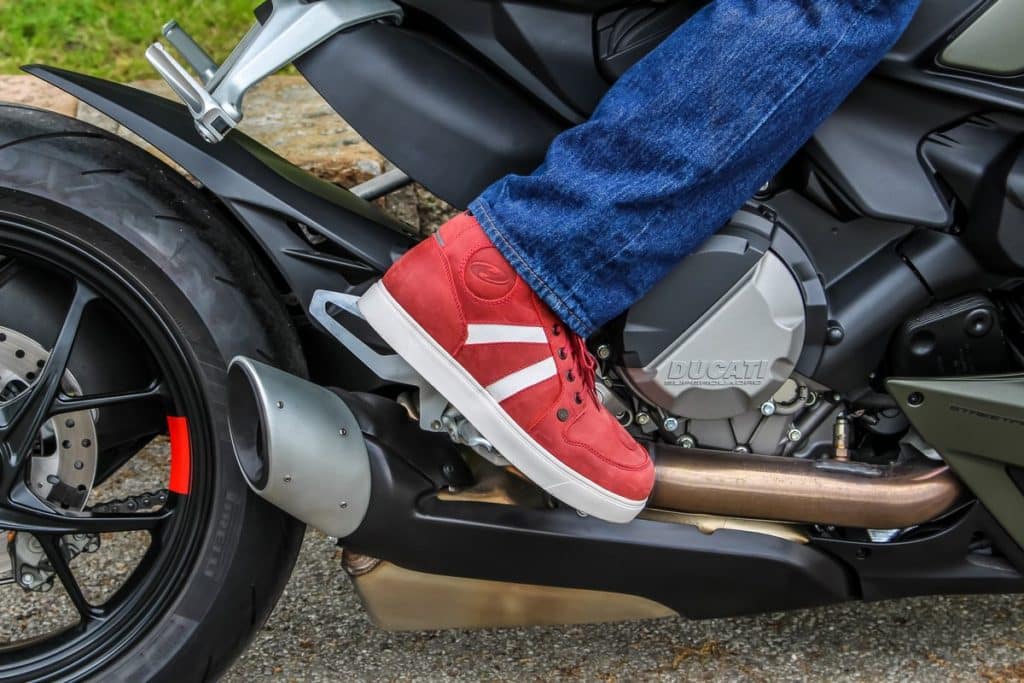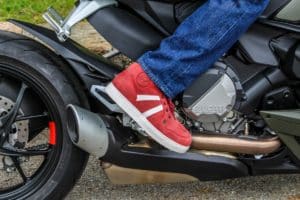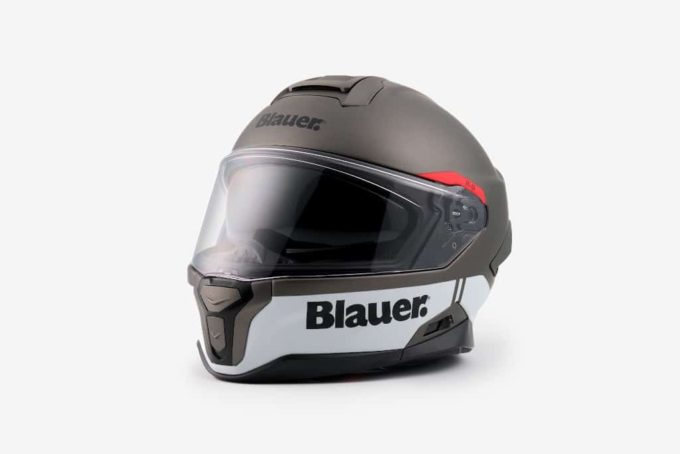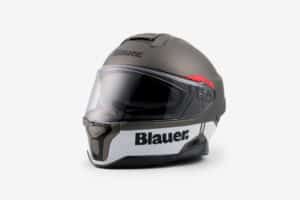Electric scooters: the implementing decree from the Ministry arrives
Salvatore Palella, CEO of Helbiz the electric scooter sharing company says: "Good first step, but there is still a long way to go"
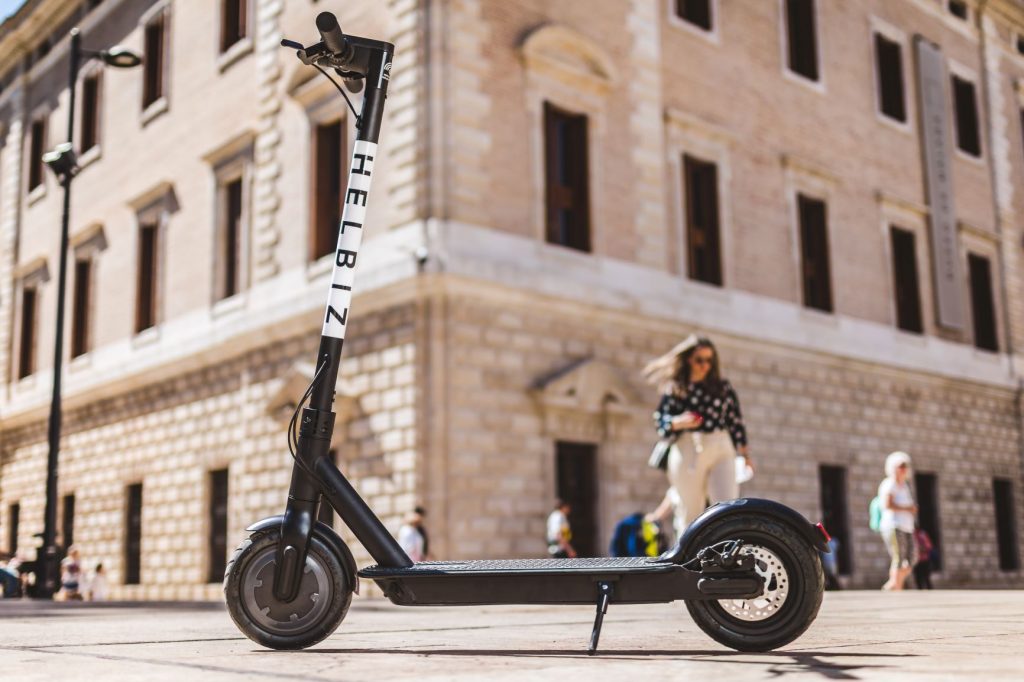
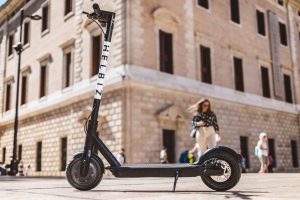
To date the use of electric scooters, or alternative transport systems, was a delicate topic in cities, as it was not clear whether the use of such vehicles on public roads was 'legal'. This has often discouraged the purchase or use of these vehicles, despite the spread of sharing services such as Helbiz.
Now with the implementing decree published by Ministry of Transport, the use of scooters and new electric-powered vehicles becomes much clearer.
The 7 articles and 3 annexes of the standard essentially define the vehicles authorized for circulation, the technical requirements and provisions for users and for Public administrations. The diagram talks about the so-called "electric micromobility devices", divided into four broad categories - scooters, hoverboards, segways, and unicycles – each with specific technical requirements. Appropriate attendance is required for all CE marking, the presence of acoustic signals, white front lights (or solid yellow) e red rear reflectors (or fixed light) for evening circulation (otherwise they can only be transported by hand). Non-self-balancing devices such as scooters can use electric motors, as long as they do not exceed 500W, and to beep and develop speed not exceeding 20 km/h; above this limit a speed regulator is required, which can be configured according to this limit and to limit the speed up to 6 km/h in pedestrian areas. The vehicles can only be driven by adults or minors with an AM driving licence on cycle paths, mixed pedestrian and cycle paths, pedestrian areas and 30 (and similar) zones. Everyone is required to wear a high-visibility retro-reflective jacket or braces after the sun sets and half an hour before it rises if traveling on roads that fall within Zone 30 or on a cycle path.
Salvatore PalellaCEO Helbiz the company that was the first to bring sharing electric scooters to Italy comments on the publication of the first outline of the guidelines developed by the Ministry of Transport for Italian municipalities that intend to start experimental mobility projects: "The implementing decree is a good first step to fill the regulatory gap that has so far hindered the use of scooters and new electric micromobility vehicles in Italy, but there is still a long way to go. We know well that the institutional path has times and ways that do not coincide with those of innovation but we believe that the Government should not stop here. There is a whole sector, which includes Helbiz but also all our competitors who are arriving in Italy, which needs clear and simple rules to encourage a mobility system that will radically transform the fabric of our cities, and with it the standards quality of its inhabitants. Helbiz already complies with the rules dictated by the Ministry, but intends to work in concert with all institutions to improve the regulatory framework. In this sense I believe that our data and the experience accumulated in the first months of demonstration operations in Milan are a great resource for all those who want to understand the scope of the phenomenon and accelerate its development. Both in terms of safety and in terms of citizen education aspects."
if you want to always be updated on our news
Follow us here

